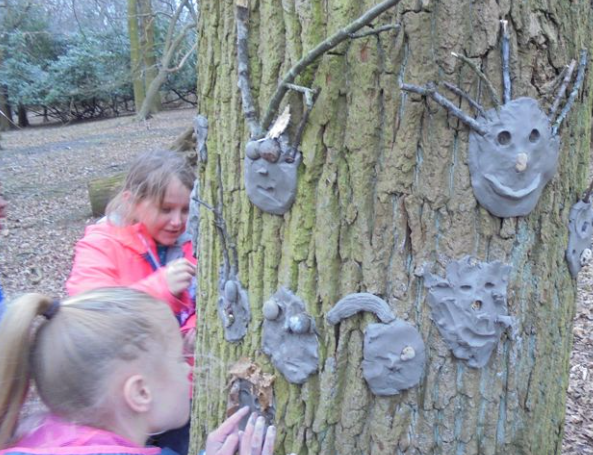- Home
- Learning at Maylands
- Learning Beyond Case Studies
- Forest School at Drapers' Maylands
Forest School at Drapers' Maylands
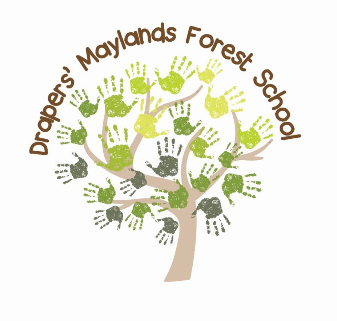
Forest School at Drapers’ Maylands Primary School
Location: On Site / Duck Wood / Hatter’s Wood
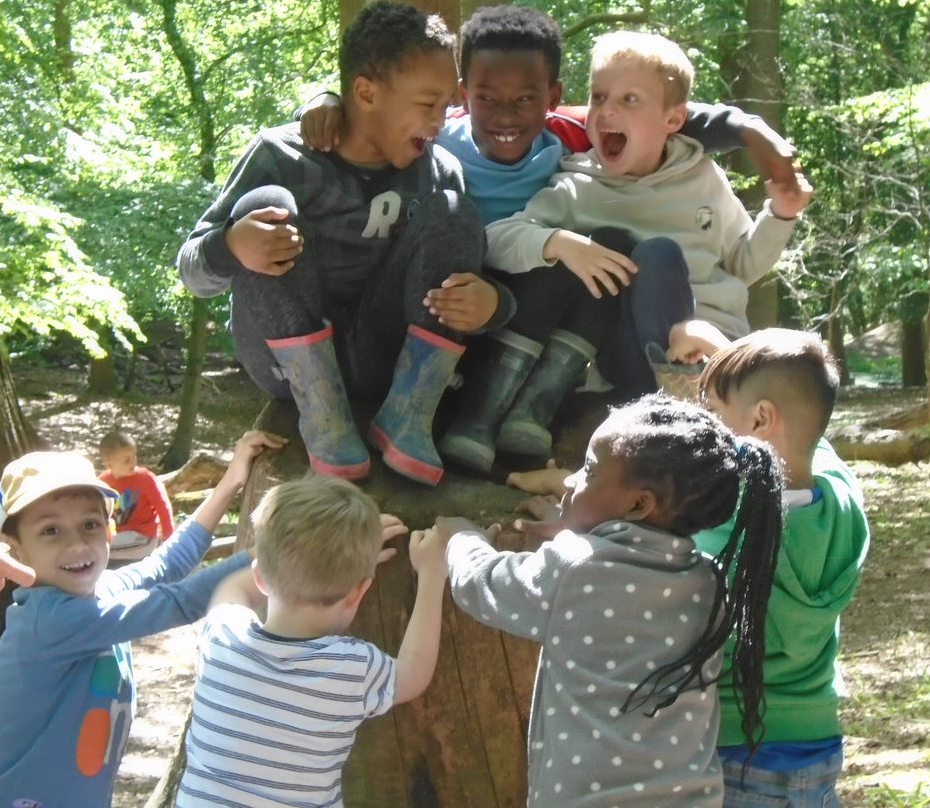
Learning Beyond at Forest School
Written by: Ms Spillane (Principal)
Forest School is an inspirational process that offers all learners regular opportunities to achieve and develop confidence and self-esteem through hands-on learning experience in a natural woodland environment. It has been included as part of our school curriculum since opening in September 2015.
It is a child-centred approach which extends beyond forest School sessions, and we believe that it has had a significant impact on attitudes to learning in every class, across the school.
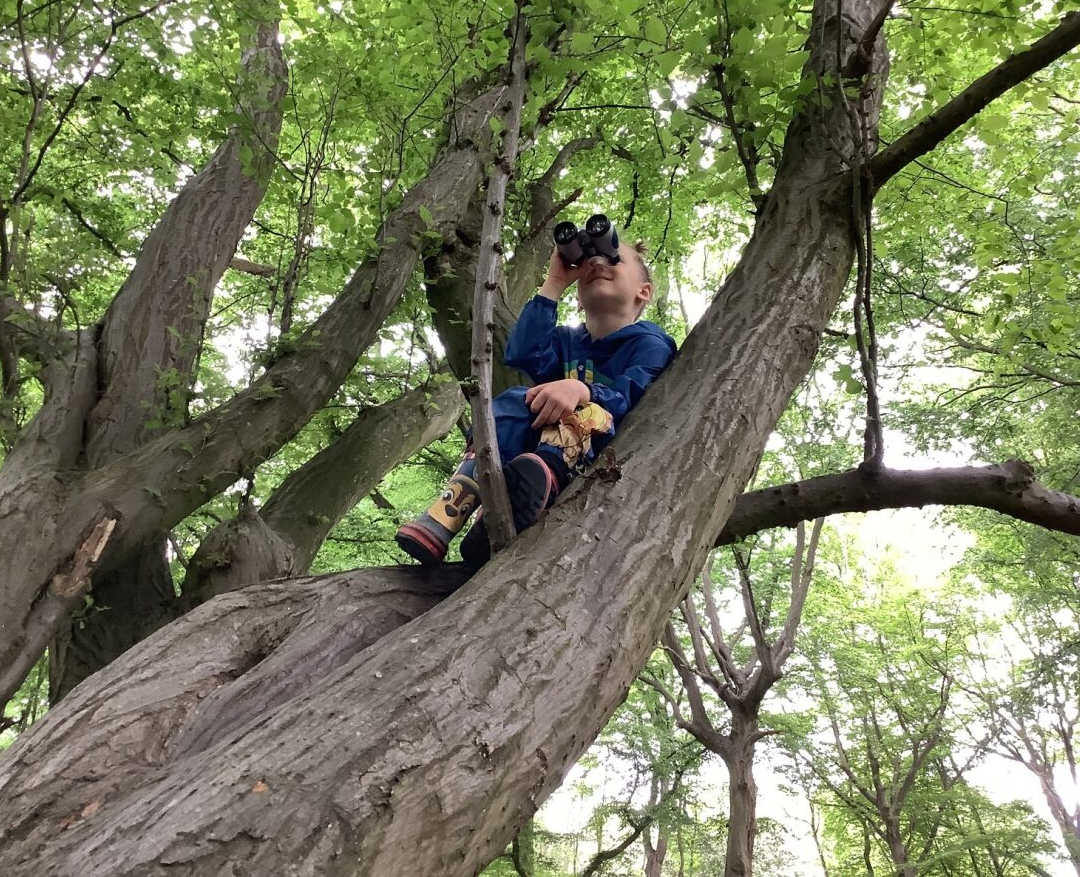
School staff are trained as Forest School leaders over a period of a year. They attend in-forest training and complete a portfolio in order to achieve the award. We are fortunate that the woodland is a few minutes’ walk from the school building in a local nature reserve of Dagnam Park (The Manor). We have negotiated an area dedicated to Forest School with local organisations and the Forestry Commission. Forest School enables children to learn more about looking after natural areas, respecting wildlife and developing a life-long interest in conservation and enjoyment of being in a natural environment.
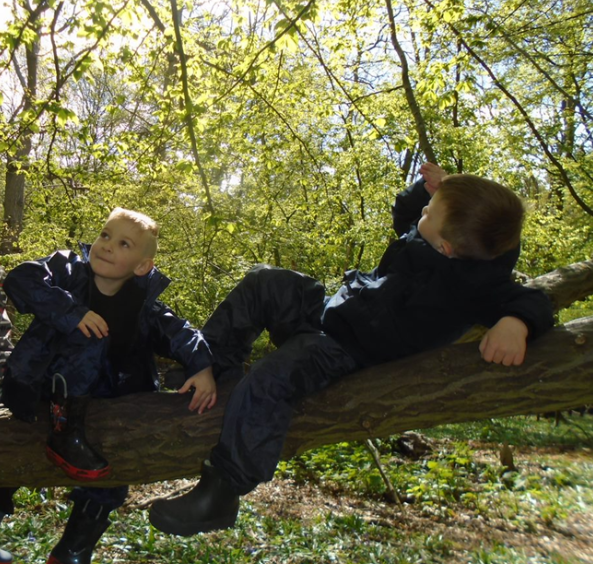
Forest School allows all children to develop a sense of freedom where sessions include opportunities to build positive relationships with one another, by working collaboratively, sharing ideas and supporting one another through challenges. The role of the adult in Forest School sessions is to facilitate which enables confident exploration and develops critical thinking through an environment, which is less restrictive than the classroom.
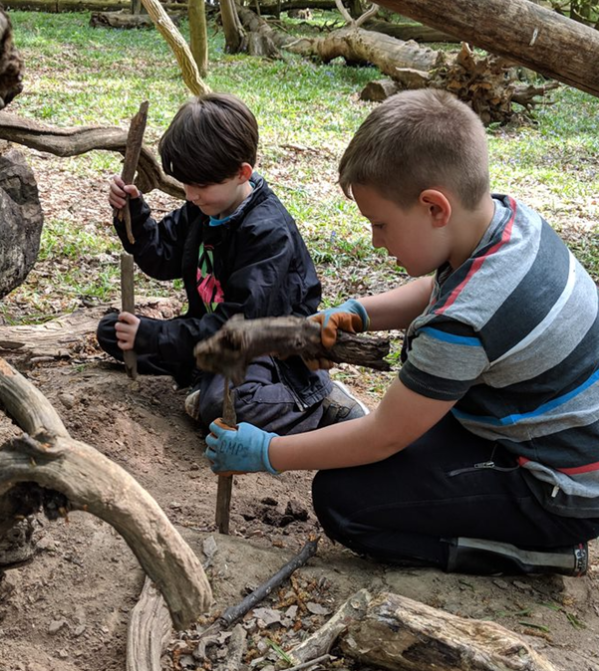
Benefits to being outside, enjoying the natural world has been celebrated through the pandemic and over the national restrictions. As part of the school plan for recovery, Forest school sessions were increased so that each class had an opportunity to visit the woodland more often. The benefits are reflected in behaviour for learning through improved well-being, self-esteem, and confidence.
The benefits of Forest School are many:
• the natural environment offers opportunities to establish deep thought processes which are needed to develop the strength and resilience needed to cope with emotional difficulties
• through the activities, it enables stronger bonds to emerge between children, resulting in greater support for one another, understanding and communication
• physical challenges and extended movement opportunities develop strong bones and muscles as part of a healthy lifestyle
• the woodland environment is rich, varied and ever changing; it provides development of learning through senses, at different levels of challenge
• children learn to take responsibility for themselves and their actions, and for others, as well as developing their sense of risk assessment
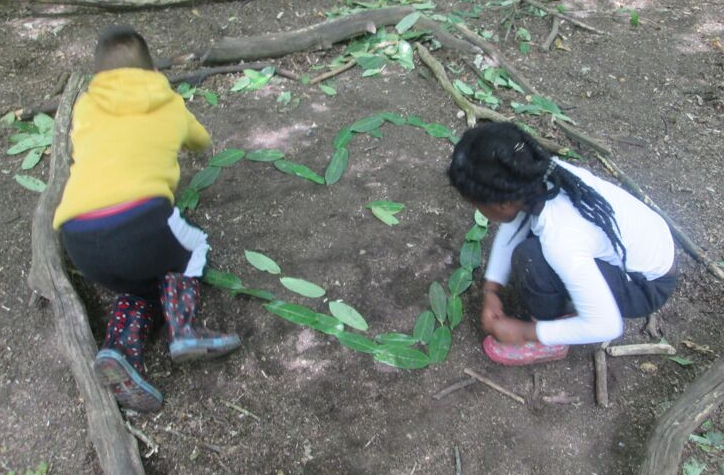
At Maylands, we have chosen to offer forest School because its ethos creates learning communities where deep-level learning and progression are the norm. This is reflected in the vision and values of the school; learning and development are interconnected, there is a child-centred approach, and the environment plays an important role in teaching and learning.
